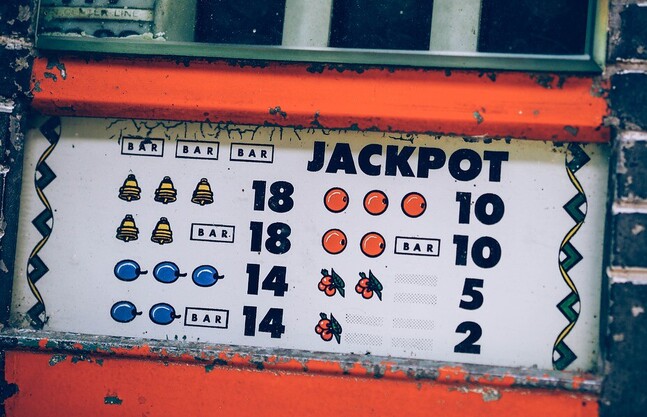How One Can Measure If It is Skill or Chance That Helps Them in Pool or Casino Games
As more countries are considering legalizing gambling, one of the interesting questions that is being asked is if a game is purely won by chance or if it requires some level of skill to win. This is an important distinction, as regulation of games and determining whether a game or machine can be offered legally is often dependent upon this status.
Games of Skill Seem Self-Explanatory
Fortunately, New Zealand wrote their laws clearly enough to define which games belong in each category, but several locations around the globe have had legal battles over this very idea. It has been hard for some to figure out exactly what constitutes a game of skill. For example the top online casino NZ at https://www.kiwicasinos.com/ had to navigate through this very question to gain licensure. They had to meet a number of agency mandates and requirements to be able to offer certain games dependent upon whether they were games of chance or games of skill.
Many casino games clearly require a skill. For example, one who does not properly understand how to play poker, including how to read opposing players, is destined to lose a lot of money. While a person can muddle their way through games like Blackjack, there are a significant number of casino games that require wisdom, knowledge, and skill to be successful.
When It Is All About Luck
This is not true in all of them. There is no skill in playing roulette. There is very little skill, if any at all, to playing slot machines. These games are randomly set. In roulette, you are simply waiting to see where the ball drops, and there are very few factors that play any role in which number the ball falls on.
Slot machines are randomly set by computer programs. While there are those who claim that they have a “system” that they are sure is helping them to win, the reality is that each wheel on the slot machine is randomly set so that no one wheel plays any role in how the other wheels will land.
This is not true of every game you will play, however. Pool is one such example. While many compete just for fun, there are those who frequently place wagers based upon the outcome of a poor match. In fact, there are even tournaments that one is able to place a wager upon.
Being successful in the pool requires a great deal of skill. A skilled player often referred to as a “shark,” played many hours, competed in numerous tournaments, and has honed their craft through tireless hours of repetition and practice.
They have also invested a lot of time and money into getting the best possible equipment. Not every pool table is the same and finding a quality one is essential to be a shark. This also means having the right kind of cues, pool sticks, and any other accessories that can give one an added edge.
Where Your Skill Matters
In pool, clearly, your skill level plays a dramatic role in how successful you will be. The skill level of the other person also plays a key role. Obviously, the better you are than your opponent, the more likely you are to win.
You are going to find that this is true in many different types of card games, despite what is often perceived by players. Many are under the impression that their victory in games is based purely on chance, but they are a little misinformed.
In a study, it was discovered that 52% of those who play the card game Uno believe that they win purely by chance. Those who play the game Go Fish, believe that it is a 63% random chance that they won.
It was only in games that players thought was more “sophisticated” that they believed skill played a bigger role. This included such card games as Rummy (38% to 24%), Cribbage (26% to 11%), poker (54% to 28%), and Bridge (36% to 9%). In these games, players clearly felt that skill was the determining factor in the victory.
This perception of sophistication advanced across several different types of games. For example, 82% of respondents felt that skill played a dominant role in the victory in games like Chess. In Scrabble, 76% of players felt it was a skill that led to victory. This was not true in games like Yahtzee, where only 22% felt that it was a game of skill.
What This Tells Us
What we can ascertain from studies like this is that when seemingly random factors play a significant role in the determination of the game, users feel that there is a decreased level of skill that is needed to win. Only 42% of Monopoly players felt that this was a game where skill was the determining factor, primarily because the set of die and chance cards plays a big role in how quickly and efficiently one moves around the board.
In Chess, the two players play the dominant role in the outcome of the game. There is no outside influence, such as dice, pulled cards, or any other similar factor that plays a role in the game. This is why such a large percentage saw this as a game of skill.
The question is if the perception is always reality. Is the fact that many believe Yahtzee to be a game of chance makes it so? There is some skill to the game, as one has to think about how they will best fill out their card to achieve the most points. There is also some randomness to it, as a person could roll the same dice 20 times in a row and still never receive the number they need.
It is the outside influence that is the biggest factor. This is clearly why some people do really well in games of skill while others are frequent losers.

